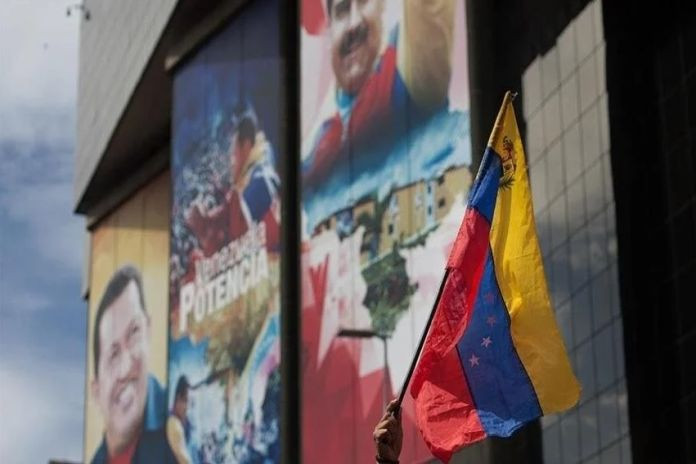By Andreína Chávez Alava
CARACAS, (venezuelanalysis.com) – The US government has allegedly taken the first steps to offer assurances over US $3 billion in Venezuelan resources destined for a social fund agreed upon last year at the Mexico dialogue table.
According to Reuters, the Biden administration has notified the United Nations (UN) that the money could operate within the US financial system without the risk of creditors seizing it to repay outstanding Venezuelan debt. The UN-administered fund could be released by the end of the month.
Since the imposition of US sanctions in 2017, Caracas has been blocked from servicing debts, accumulating some $60 billion owed alongside obligations with foreign companies that secured international arbitrational awards for the nationalization of Venezuelan assets during the Hugo Chávez government.
Currently, corporations are poised to seize US-based oil subsidiary CITGO through a US court-ordered auction process. There were concerns that the money for the social fund would be claimed as well if the Biden administration failed to shield it. The money is expected to be drawn from several Venezuelan accounts frozen by Washington and European allies.
Although US officials have yet to confirm the liberation of the resources, UN deputy spokesman Farhan Haq welcomed the news and said that the multilateral organization is ready to work on the implementation of the social fund which “has the potential to support millions of vulnerable Venezuelan people.”
For its part, Venezuelan opposition politician Dinorah Figuera, head of the defunct US-backed 2015 National Assembly (AN) said that the fund’s release “opens the door” to restart negotiations with the Nicolás Maduro government. Figuera, who resides in Spain, recently received access to over $347 million in Venezuela frozen resources held in US banks for the AN operations.
The Venezuelan government has not made any comments.
In November 2022, the Maduro administration and the hardline opposition reached an agreement at the Mexico dialogue table to create a $3 billion social fund drawn from various Venezuelan seized assets to invest in education, healthcare and infrastructure repairs. The UN will be in charge of distributing the money while a Venezuelan joint commission would follow and verify its correct implementation.
However, the fund has remained unavailable with the Biden administration not showing any political willingness to ensure its safety, which delayed the implementation of the social agreement and stagnated the Venezuelan dialogue process.
In April, Colombian president Gustavo Petro held an international conference in Bogotá with representatives from 19 countries, including the US and the European Union (EU), to help jumpstart the Venezuelan talks. The meeting concluded with a statement calling for the immediate liberation of the $3 billion as well as setting an “electoral schedule” and the gradual lifting of US sanctions against the Caribbean nation.
For its part, the Maduro government has repeatedly said that the resumption of talks with the opposition was conditioned on the resources being made available to begin addressing the country’s urgent social needs, including the acquisition of medicines and medical equipment, strengthening the electric system, and expanding subsidized food programs.
Caracas has likewise demanded the complete removal of the US wide-reaching sanctions program in order to continue the Norway-brokered negotiations.
In the past six years, the US has levied financial sanctions against the Venezuelan state oil company PDVSA followed by a full-fledged oil embargo in 2019 and secondary sanctions throughout 2020. The measures have crippled the country’s oil output, exacerbating an economic crisis and migration wave. Besides the oil industry, the US Treasury Department has targeted key economic sectors such as mining, banking and essential imports. Washington and allies have gone on to block, seize or freeze a host of Venezuelan assets abroad.
In recent years, international human rights experts have attested to the deteriorated living conditions of the Venezuelan people, with public education and healthcare being the most affected.





